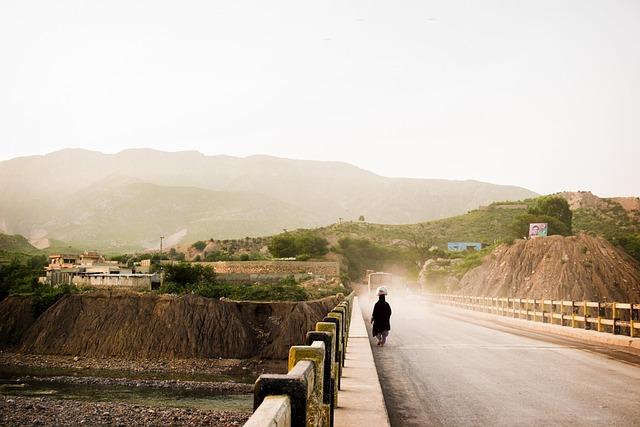Pakistan’s Environmental Protection: The Role of Legislation
Pakistan, endowed with diverse ecosystems, faces significant environmental challenges, ranging from deforestation to air and water pollution. In this context, legislation plays a pivotal role in protecting the environment. This article explores the various environmental laws in Pakistan, their implications, and the benefits they offer in contributing to sustainable development.
The Importance of Environmental Legislation in Pakistan
Environmental legislation serves as the backbone of Pakistan’s efforts to safeguard its natural resources. It establishes the framework within which environmental protection laws operate, thereby ensuring the preservation of biodiversity and ecological balance. Key facets of environmental legislation include:
- Regulation of natural resource exploitation
- Promotion of sustainable development
- Establishment of accountability for pollution
- Framework for public participation in environmental decision-making
Key Environmental Laws in Pakistan
Pakistan has enacted several laws aimed at environmental protection. Below are some of the most significant pieces of legislation:
| Legislation | Year Enacted | Description |
|---|---|---|
| Pakistan Environmental Protection Act | 1997 | Framework law for environmental conservation; establishes the Pakistan Environmental Protection Agency (Pak-EPA). |
| National Climate Change Policy | 2012 | Focuses on adapting to climate change impacts and emphasizes renewable energy sources. |
| Forest Act | 1927 | Regulates the management and preservation of forest ecosystems. |
| Pakistan Wildlife (Protection, Preservation, Conservation, and Management) Act | 1972 | Dedicated to safeguarding wildlife and their habitats across the country. |
Benefits of Effective Environmental Legislation
Implementing robust environmental laws brings multiple benefits to Pakistan, including:
- Improved Public Health: Reducing pollutants leads to cleaner air and water, enhancing the quality of life.
- Enhanced Biodiversity: Laws protecting ecosystems contribute to the conservation of endangered species.
- Boost to Economic Growth: Sustainable practices can lead to eco-tourism and green jobs.
- International Standing: Commitment to environmental protection enhances Pakistan’s reputation on global platforms.
Practical Tips for Environmental Compliance
Individuals and businesses in Pakistan can contribute to effective environmental protection by complying with existing laws. Here are some practical tips:
Understand Local Regulations
Stay informed about local environmental laws that apply to your region, and ensure that your practices align with these regulations.
Engage with the Community
Participate in local environmental initiatives or awareness programs to foster a culture of sustainability.
Reduce, Reuse, Recycle
Implement the 3Rs in daily life to minimize waste and encourage sustainable resource management.
Case Studies in Pakistan’s Environmental Legislation
Several successful implementations of environmental legislation in Pakistan highlight its importance:
- Air Quality Improvement: The introduction of the Lahore Smog Policy effectively reduced air pollution and improved public health outcomes.
- Protected Areas: The establishment of national parks and wildlife reserves has successfully preserved numerous endangered species and habitats.
Conclusion
Legislation plays a crucial role in Pakistan’s environmental protection efforts, serving as a powerful tool for sustainable development. By understanding and complying with environmental laws, citizens and businesses alike can contribute to the country’s ecological balance. As Pakistan continues to face environmental challenges, the commitment to effective legislation will be imperative in safeguarding its natural heritage for future generations.



